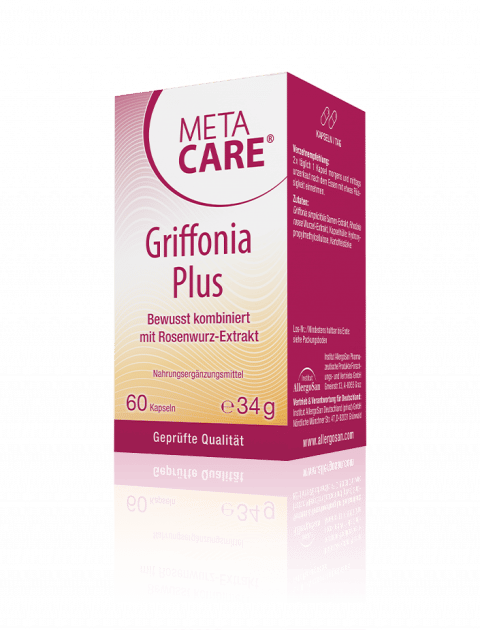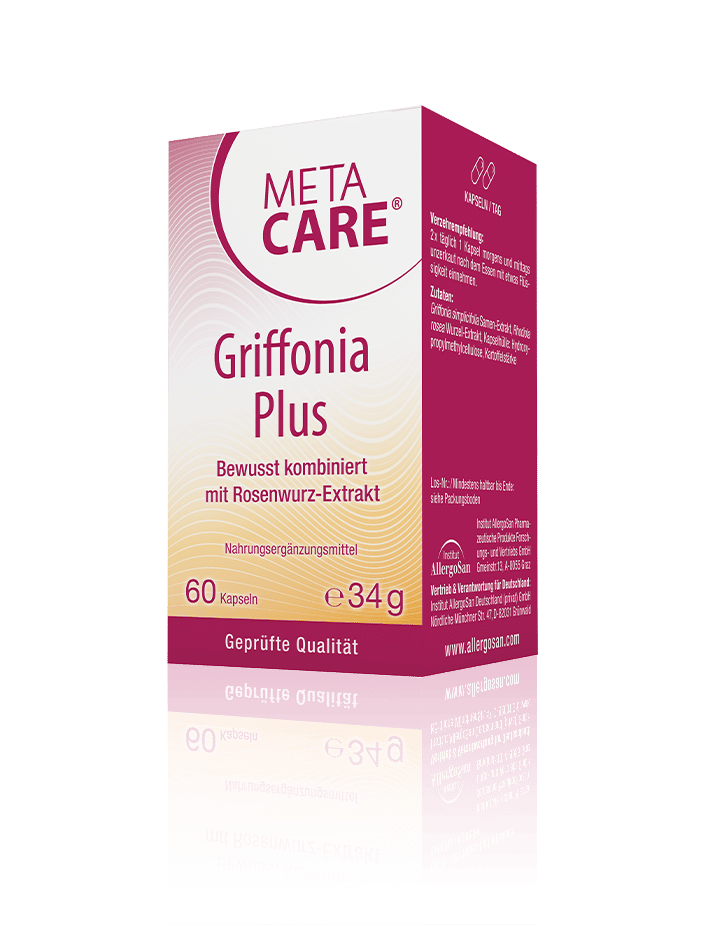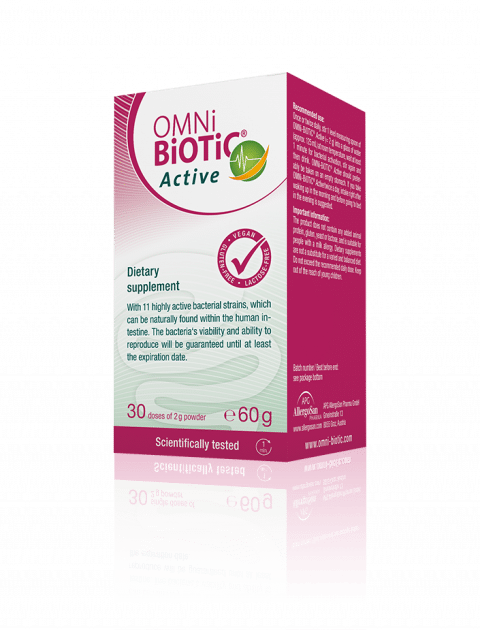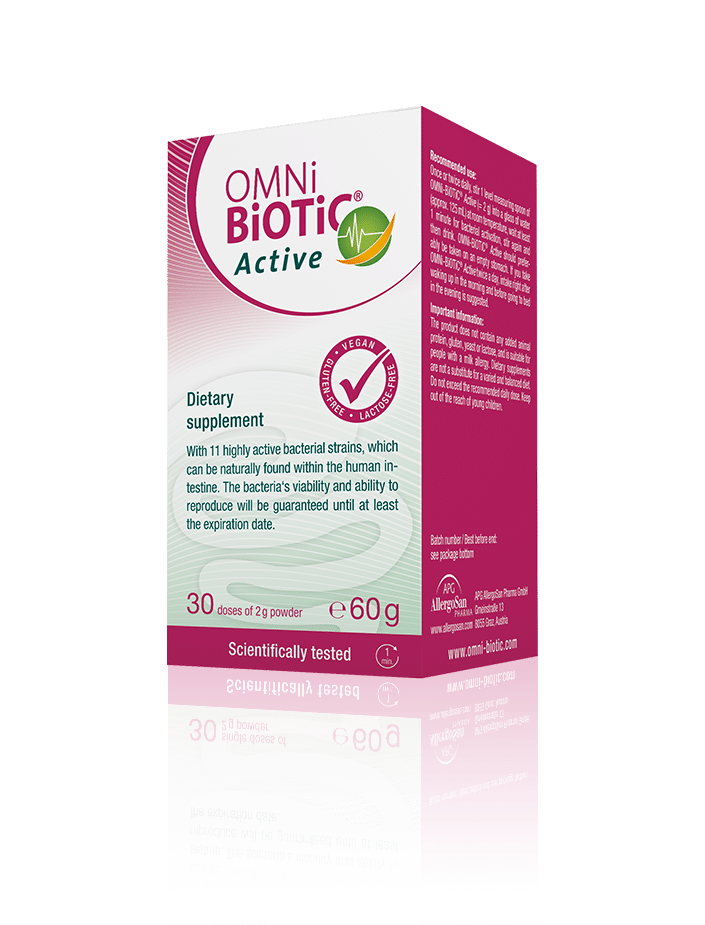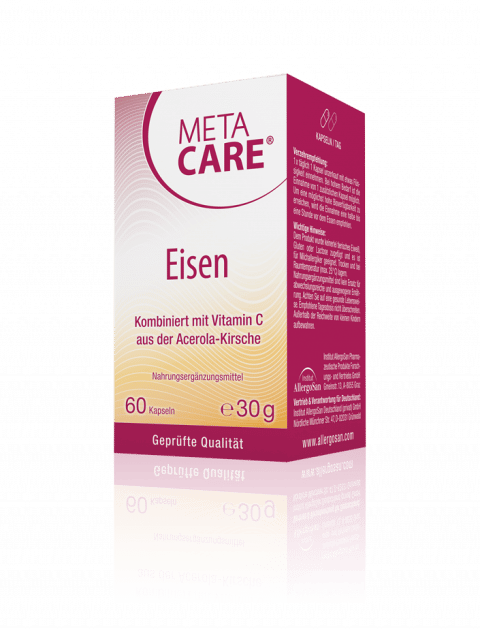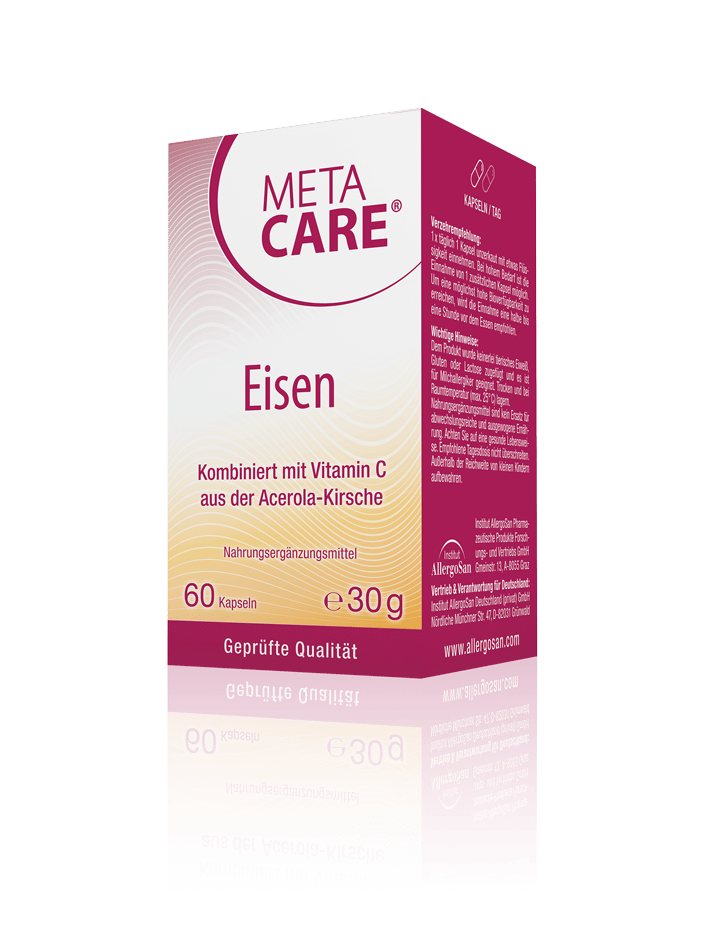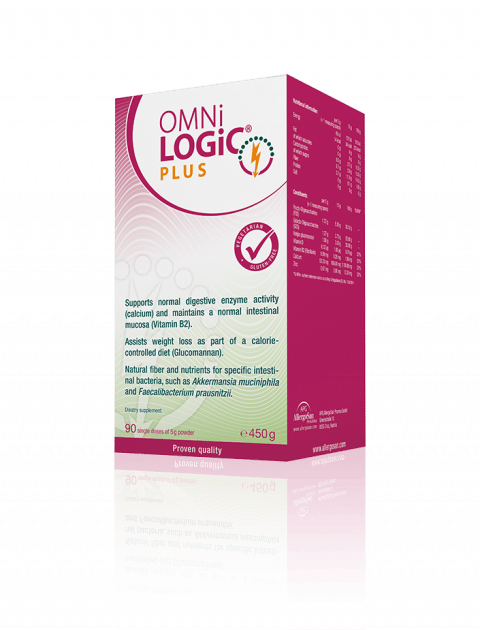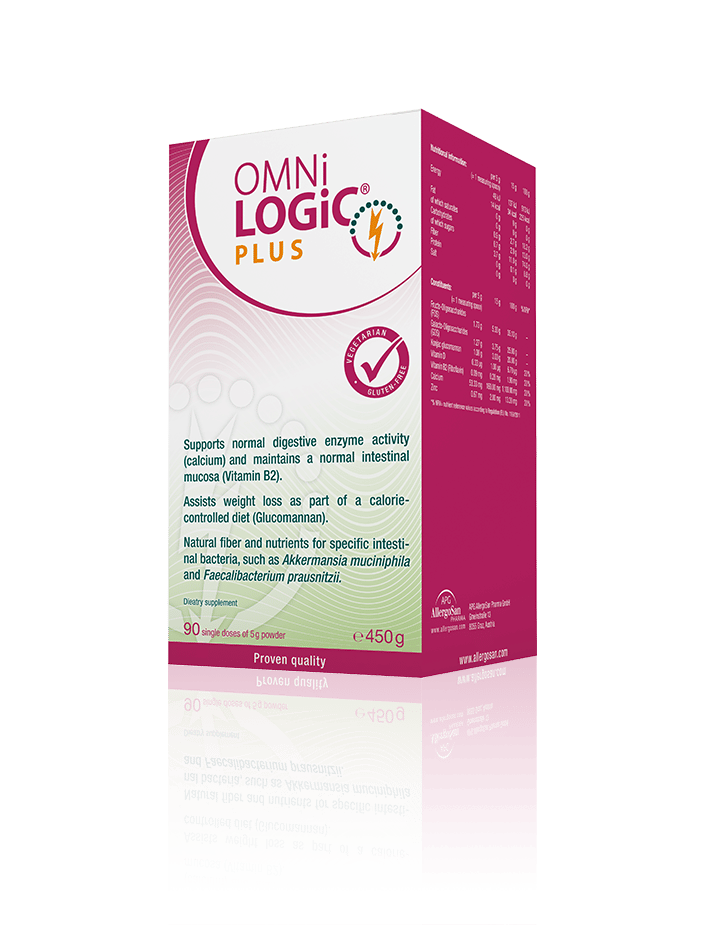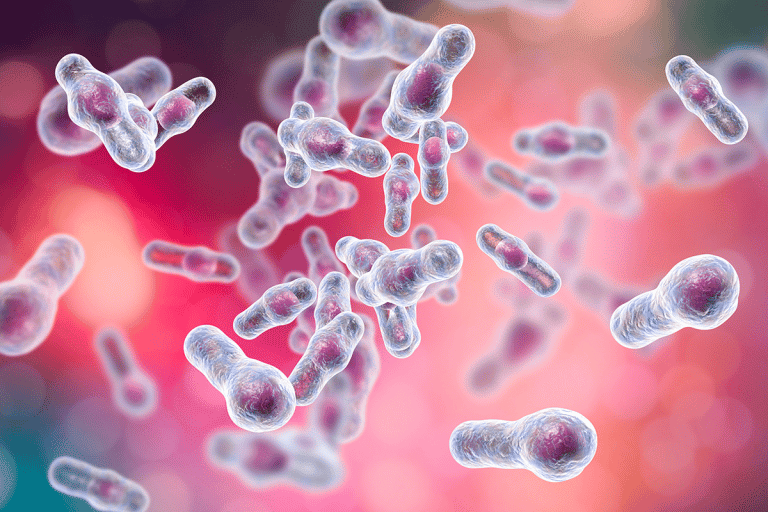
Emanuel Munkhambwa
Strengthen intestinal health
The surplus of sun and the beautifully sprouting nature makes you want to go outside and exercise. The changing weather and first allergens from early flowering plants, however, can interfere with your immune system. A balanced intestinal flora composition can strengthen the immune system and help the body come to life. In the following article, you will find out what to be aware of when exercising outdoors during the change of the season.
Spring starts in late March 2018. The hibernating animals look for food sources and refill their energy reservoirs. The plant kingdom hits the ground running, everything sprouts and stretches towards the warming sun. Not only animals and plants can feel spring coming, but also the human body gets the show on the road. Longer days and more intense sun rays, as well as the rising temperatures, lead to the well-known spring fever, where the happiness hormones dopamine and serotonin are released in the brain. Even some winter grouches awake from their lethargy and are motivated to set the sporting world on fire. By the way, spring is also the best time of the year to achieve your personal health goals.
Tip: After a long period of no sports, start slowly and then increase the intensity.
Sport in spring
Spring, however, may include some paradoxes. First of all: There are people who suffer from springtime lethargy or just can’t shake off their winter depression. The only solution is to head out into the sun and boost the vitamin D production – preferably in combination with exercise that improves circulation. Even short breaks outside in the green nature, with all its beautiful colours and enticing smells, reduce stress and improve your mood.
Secondly: The changing weather including wind, rain showers and cold spells challenge the body and especially the immune system in many different ways. Headaches and migraine attacks are more common. The outer skin, especially the unprotected area around the face, as well as the inner mucosa of the mouth and nose suffer from this freak weather. Germs can enter the body and multiply more easily thanks to the disturbance in the skin barrier through the dry and ripped skin. The spring sun can also be deceitful. On some days, the protective ozone layer is very thin, which is why the skin needs protection from a sunburn. UV rays, a weakened immune system, as well as stress, a depressive mood and a lack of sleep are the main causes of sudden fever blisters or small, inflamed and painful mouth ulcers (Aphthous stomatitis).
Thirdly: And as if that wasn’t enough, early flowering plants (such as alder, hazel, sycamore, ash and birch, even some cereals and grasses) make life difficult for persons with allergies. Nonetheless, people who suffer from a pollen allergy can still do sports out in the open.

Tips:
- Wear sports clothes that are suited to the weather
- Try and breath through the nose when doing sports out in the open and wear a scarf or face mask to warm up the cold air
- Protect your skin by using sunscreen (pay attention to the SPF) and apply lip balm with a special UV protection
- There are apps for persons with allergies, that let you know when you can do sports out in the open (e.g. by the Austrian Pollen Warning Service that includes data from Austria, Germany and Switzerland).
- Consult your doctor about treatments regarding fever blisters, Aphthous stomatitis and allergies.
Don’t underestimate your intestinal health
The intestine plays an imperative role in the immune system. Besides the gut bacteria, the colon mucosa is home to a variety of lymph follicles. The lymphocytes in the lymph follicles are responsible for the protection against bacteria and viruses by producing antibodies, for example. A weak intestine has a negative impact on the immune system and, by implication, the sporting prowess too. This doesn’t only affect professional athletes, who suffer from diarrhoea and nausea, but recreational athletes as well.
Tips: The most important thing when doing sports and for the intestine, is to avoid dehydration by drinking enough water. Probiotics can help strengthen the „intestinal immune system“.

